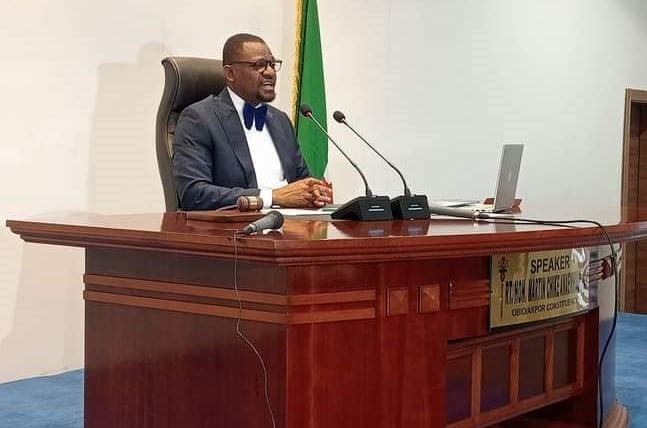For years, Nigeria’s foreign exchange (FX) policy landscape was marred by opacity, speculation, and a two-tiered system that rewarded privilege over productivity. Businesses, regardless of size or impact, were often forced to rely on backdoor channels, lobbying, and opaque negotiations just to access dollars critical for operations. It was, in no uncertain terms, a dysfunctional marketplace.
But a shift is underway that may finally be restore the credibility and health of Nigeria’s financial markets.
During a recent post-AGM media briefing in Abuja, the Chairman of BUA Cement Plc, Dr. Abdul Samad Rabiu, offered a candid reflection on the difference the Central Bank of Nigeria’s (CBN) FX reforms have made. Speaking not just as a billionaire industrialist but as someone who has navigated both the previous and current FX systems, Rabiu remarked, “I used to visit the CBN every two weeks to lobby for FX. That was the only way to survive.”
Now, he says, the game has changed. “I’ve only seen the current CBN Governor maybe twice since his appointment. That’s because I don’t need him.”
This seemingly casual comment speaks volumes. It is a testament to how structural reforms, when designed with clarity and political will, can dismantle a broken system and replace it with rules-based transparency.
Previously, the official exchange rate hovered around N500–N600 to the dollar, while the real market rate had breached N1,000 in the parallel market. This artificial disparity encouraged round-tripping, hoarding, and arbitrage. It rewarded the well-connected and punished the rule-abiding. In the end, it created a distorted market that starved the productive sectors of access to forex, while empowering middlemen and speculators.
Today, the FX regime has largely unified the market, allowing access based on prevailing demand and supply rather than discretionary allocation. “Now, the rate you get is what everyone else gets,” Rabiu stated. “You go to the bank, you get FX at the market rate.”
To be clear, this transition hasn’t been without pain. The initial liberalisation sparked a free-fall in the naira, with the exchange rate briefly approaching N2,000/$1 earlier this year. Importers, manufacturers, and everyday Nigerians bore the brunt as inflation surged and operational costs ballooned.
But in the long run, economic reforms are judged not by their initial turbulence but by their ability to correct imbalances and restore trust in the system. And this trust is slowly being rebuilt.
According to Rabiu, the naira’s recent strengthening, now inching closer to N1,200/$, is already leading to reduced costs of imported commodities and improved price stability. While inflationary pressures remain, especially in energy and logistics, the FX reforms are proving instrumental in anchoring expectations and eliminating uncertainty.
More importantly, the reforms have curbed the corrosive culture of lobbying. This is a practice that not only compromised the integrity of public institutions but distorted resource allocation across the private sector. For businesses like BUA Cement, which relies heavily on imported machinery and raw materials, predictable access to FX is a necessity for survival and growth.
Yet, while the praises are warranted, caution is also necessary.
Market unification is a first step. Long-term FX stability still depends on growing non-oil exports, reducing import dependency, improving investor confidence, and maintaining fiscal discipline. Without structural reforms in the real economy, especially in energy, transport, and infrastructure, the FX market will continue to reflect the underlying weaknesses of Nigeria’s economic fundamentals.
Additionally, regulatory transparency and accountability must remain a core principle. As the FX market becomes more rules-driven, it’s imperative that banking institutions and the CBN itself adhere to those same principles without backsliding into preferential treatment or bureaucratic gatekeeping.
Ultimately, the recent experience shows that when institutions function transparently, businesses are empowered to focus on innovation and delivery, not access. The end of routine visits to CBN for FX, as Rabiu described, is more than a personal convenience. It is a sign that the Nigerian economy may finally be moving from a system of gatekeeping to one of open competition, from rent-seeking to reward-for-effort.
That is a Nigeria worth betting on.












